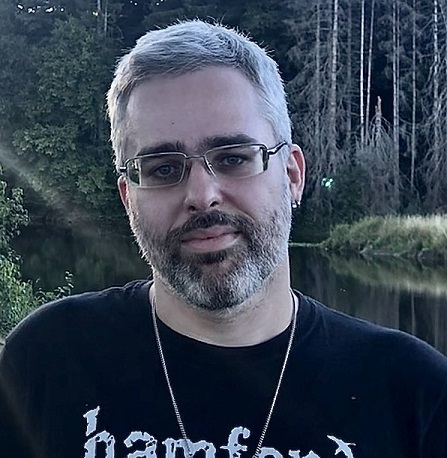Europe Has a Hard Time Recognizing and Respecting its Minorities (09/06/2021)
Before the idea of nation-states was born—commonly associated with the Treaty of Westphalia in 1648, but with greater traction after the French Revolution—different peoples lived in their villages and cities, speaking their native languages undisturbed.
In Europe, the center of life was the church and the noble family dominated the land at a given time, but in general, each region had its own language or dialect that was spoken freely. Not that tensions sometimes did not exist, or that there were not pressures from monarchies that sought to centralize power through the imposition of the ruler’s language—as well as local elites who sought to learn the language that would bring them closer to power.
But the fact is that with the modern state, which brought the professionalization of armies and the unification of the educational system (only in the language of the dominant elite), a considerable blow was dealt to the ability of minorities to speak their languages freely or even maintain their customs.
Full article at Newsweek’s website. Date of publication: 09/06/2021.



Deixe um comentário